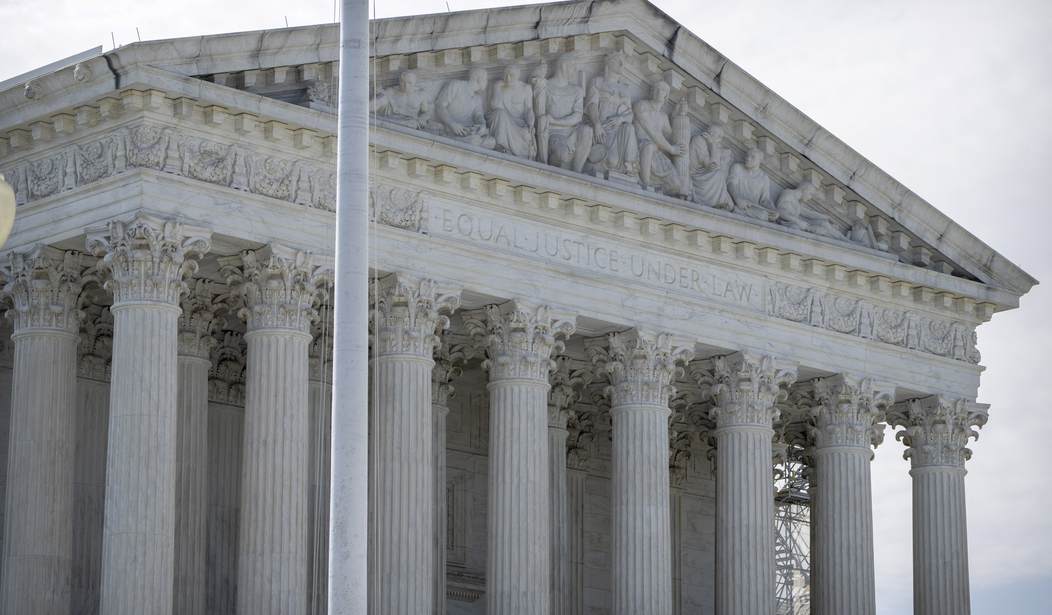The Supreme Court on Wednesday issued a ruling upholding Tennessee’s ban on “gender-affirming care” for minors suffering from gender dysphoria.
The ruling solidifies laws that shield children from being subjected to questionable medical treatments such as puberty blockers, hormone treatments, and surgery.
In a 6-3 decision, the Court ruled that Tennessee’s law does not violate the Equal Protection Clause of the 14th Amendment because it does not classify based on sex or gender identity. It concluded that the state has a legitimate interest in protecting children from the adverse impact of these treatments.
The Court found that the restrictions were based on age and the specific medical purpose of the treatment — not sex or gender identity. The majority opinion, authored by Chief Justice John Roberts, noted that the law “does not classify on any bases that warrant heightened review” and “incorporates two classifications: one based on age…and another based onmedical use.”
BREAKING⏰
— Sarah Parshall Perry (@SarahPPerry) June 18, 2025
SCOTUS rules in U.S. v. Skrmetti that Tennessee's ban on so called gender affirming care is constitutional and satisfies the lowest tier of judicial review. The Chief authors, and the 3 liberals join in dissent.
It's a good day for the rule of law! pic.twitter.com/kjVcuHkp7F
The plaintiffs had argued that referring to sex in a statute automatically warrants scrutiny under the Equal Protection Act. The Court rejected this assertion, noting that “This Court has never suggested that mere reference to sex is sufficient to trigger heightened scrutiny.”
Recommended
Roberts further explained that “some medical treatments and procedures are uniquely bound up in sex.” He cited the FDA’s guidance that “[r]esearch has shown that biological differences between men and women…may contribute to variations seen in the safety and efficacy of drugs.” Since Tennessee’s law applies equally to all children regardless of their sex, this is not a case of discrimination.
Roberts also reasoned that while trans-identified individuals are the only ones who seek “gender-affirming” treatments, the law targets the diagnosis, not the identity itself. “Although only transgender individuals seek treatment for gender dysphoria, gender identity disorder, and gender incongruence—just as only biological women can become pregnant—there is a ‘lack of identity’ between transgender status and the excluded medical diagnoses,” Roberts wrote.
This ruling is a win for those concerned about the impact of “gender-affirming care” on children. Progressives have continually pushed for foisting these treatments on children. In many cases, medical and mental health professionals have scared parents into allowing their kids to undergo these treatments, falsely telling them that they might lose their child to suicide if they refrain.
Folks on the hard left insist puberty blockers, hormone treatments, and surgeries are proven to be beneficial for youth. However, over recent years, several studies conducted in European nations have cast doubt on whether these treatments are not causing harm. Countries like the United Kingdom, France, Sweden, and several others have backed away from the “gender-affirming” model and are transitioning to alternative methods for treating children experiencing gender dysphoria.

























Join the conversation as a VIP Member